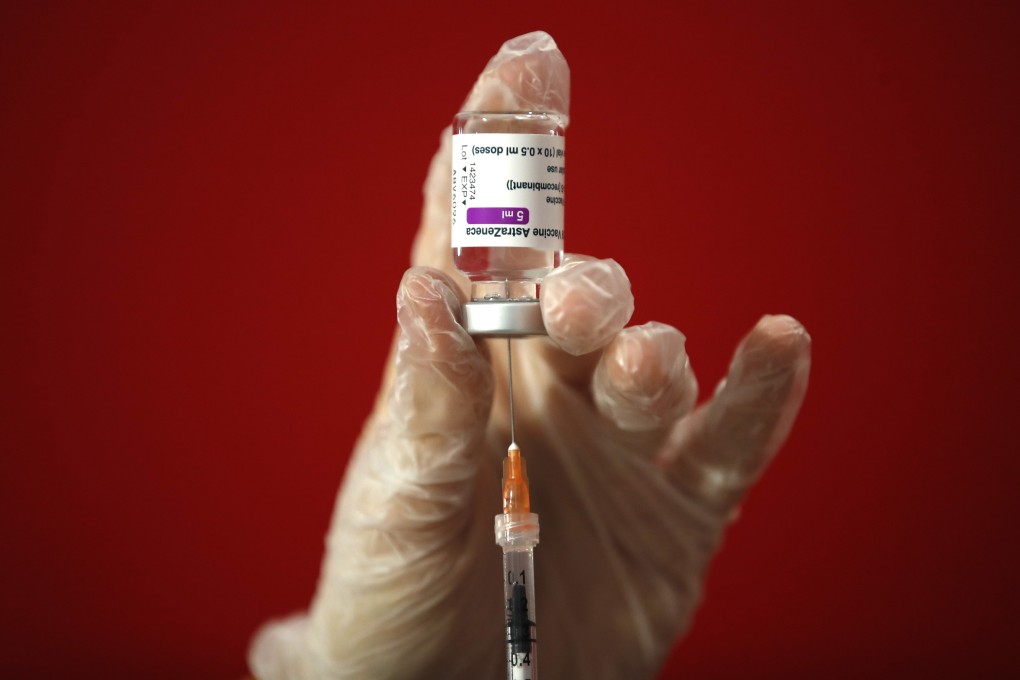Coronavirus: AstraZeneca’s US trial questioned; Germany reverses reopening plans
- Germany will enter a strict shutdown for five days over Easter amid surging virus rates, Chancellor Angela Merkel said
- Meanwhile in the Czech Republic, the world leader in Covid-19 deaths per capita, reinfections are growing fast

Results from a US trial of AstraZeneca’s Covid-19 vaccine may have included “outdated information” and that could mean the company provided an incomplete view of efficacy data, American federal health officials said early on Tuesday.
AstraZeneca said in a statement that the data it released on Monday included cases up to February 17, as the study rules specified, and that it was continuing to analyse cases that have occurred since then. The company said that a preliminary analysis of data that has continued to roll in was consistent with what it had already reported. It promised an update within 48 hours.
AstraZeneca also said the study’s independent safety monitors found no serious side effects, including no increased risk of rare blood clots like those identified in Europe, a scare that led numerous countries to briefly suspend vaccinations last week. But just hours after those encouraging results were reported, the US National Institute of Allergy and Infectious Diseases issued an unusual statement.
